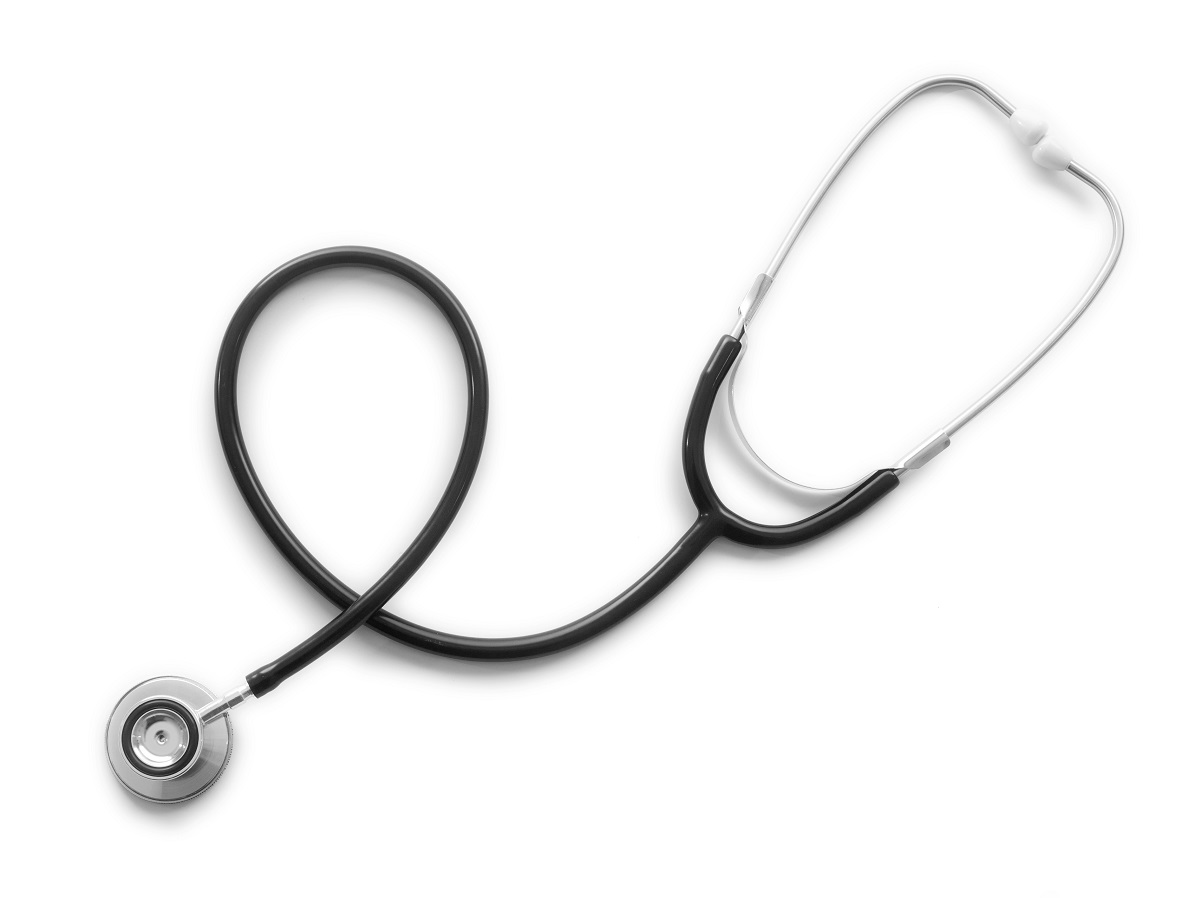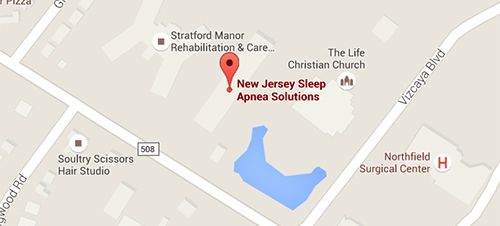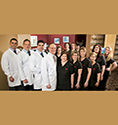Sleep Apnea and Your Heart
Submitted by New Jersey Snoring Solutions on Tue 05/19/2020 - 09:00

Sleep apnea causes sufferers to stop breathing frequently during the night. Although the condition has a deleterious effect on various parts of the body, the heart is especially vulnerable. West Orange sleep specialist Dr. Ivan Stein discusses the effects of sleep apnea on this most vital organ.
Obstructive Sleep Apnea
While sleep apnea appears in several different forms, the most common is obstructive sleep apnea. That is also the condition most likely to affect the heart. During sleep, the upper airway becomes blocked, hence the term “obstructive.”
High Blood Pressure
During sleep apnea, patients may experience sharp drops in the blood’s oxygen levels. The body reacts by releasing the stress hormone adrenaline. When adrenaline is released regularly, levels of this hormone remain high. This may cause hypertension, or high blood pressure, a leading trigger for cardiovascular disease such as stroke or heart attack. Those with sleep apnea run a higher risk of developing high blood pressure.
Increased Risk of Heart Attack
Hypertension is not the only sleep apnea factor raising the odds of a cardiovascular event. Anyone diagnosed with heart disease should take special care, because if low blood oxygen levels occur frequently during sleep apnea, the chances of experiencing a heart attack or stroke increase considerably. The former may occur because low blood oxygen levels may cause an irregular heartbeat, which may prove fatal.
The Statistics
According to Harvard Medical School’s Harvard Heart Letter, sleep apnea is found in between 47 and 83 percent of those diagnosed with cardiovascular disease. Approximately 35 percent of people with high blood pressure also suffer from sleep apnea. As many as 53 percent of those with congestive heart failure have this disorder. Those who do not receive treatment for sleep apnea have a five-times-greater risk of dying from a cardiovascular disease.
Effective Therapies
Fortunately, there are effective therapies available to aid patients with obstructive sleep apnea. These may include wearing a face mask connected to a machine that ensures air flows constantly through the mask, preventing upper airway obstruction. Since obesity is a major risk factor for sleep apnea, a medically supervised diet and exercise program may help some patients combat sleep apnea. Certain diseases cause fluid retention in the lungs, and a sleep apnea doctor can work in conjunction with other specialists to manage this effect.
For More Information, Contact New Jersey Sleep Apnea Solutions
If you would like more information about the effect of sleep apnea on the heart and treatment options, schedule your appointment with Dr. Stein by calling (855) WHY-SNORE or (855) 949-7667 today.







